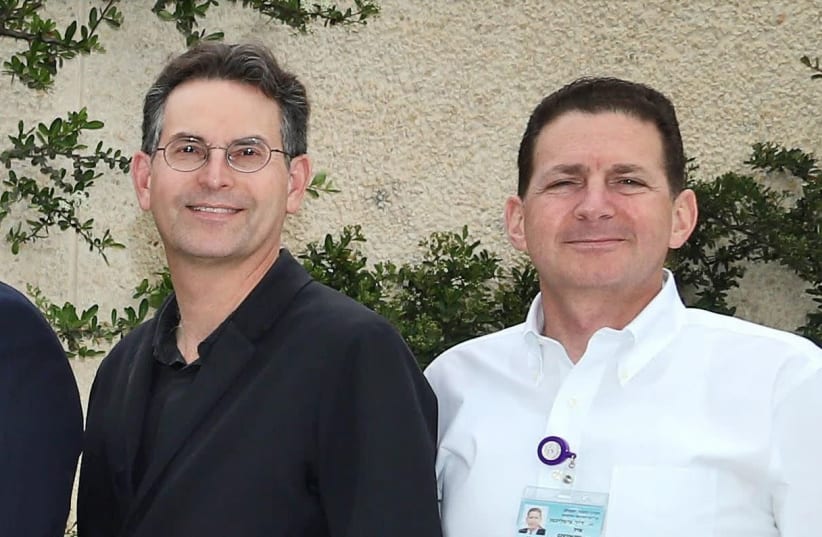It may seem like just another hi-tech buzzword, but big data is transforming the way businesses and organizations operate.
By analyzing once prohibitively large volumes of data, big data technologies enable increasingly informed decision-making. And when it comes to data, few sectors deal with greater volumes than the healthcare industry.
As comprehensive electronic health records rapidly replace bulky, paper medical archives, analyzing masses of data offers unrivaled potential for improving patient care both for individuals and entire populations, reducing costs and even helping to prevent epidemics and disease.
On Tuesday, Bar-Ilan University hosted the first ever BigData TLV health international conference, bringing together clinicians, researchers, venture capitalists and start-ups to foster the increased application of big data and artificial intelligence technologies in healthcare.
“What’s really important in order to keep you healthy is that we can integrate the data from your doctor, your smartwatch; the costs and questions like ‘how do you feel?’ and ‘did you have a good outcome?’” Prof. John Halamka of Boston’s Harvard Medical School told The Jerusalem Post.
“A lot of countries think that if we just digitize the paperwork then we will have achieved an electronic workflow. Is Amazon just digitized paper? No – it is transforming the way you imagine retail. Healthcare needs to do the same across the world,” Halamka said.
“The importance of this conference is to say that we recognize, across the board, that accumulating data from multiple sources and using it to guide your wellness is clearly the right direction for quality and safety.”
Halamka, a leading authority on enabling information exchange through technology, visited Sheba Medical Center-Tel Hashomer in Ramat Gan on Monday, home to the new ARC (Accelerate, Redesign, Collaborate) Innovation Center.
The complex, spanning 22,000 square meters, is at the heart of the hospital’s innovation-focused future, aiming to both drive developments in digital health, including big data, and foster international collaborations with academic medical centers and accelerators.
“Healthcare is at the convergence of the understanding that the current way that we’re doing health needs to change, because it’s unsustainable – and taking data to the next level, which is the ability to learn from data,” said Dr. Eyal Zimlichman, deputy director general, chief medical officer and chief innovation officer at Sheba Medical Center.
Zimlichman, who co-chaired the BigData TLV conference with Mount Sinai Hospital president and chief operating officer Dr. David Reich, emphasized that hospitals house two of the three critical elements necessary to engineer big-data solutions.
The first, Zimlichman said, is the medical data owned by hospitals, and the second is the unparalleled understanding of what is required in healthcare. The third element, traditionally not at the disposal of hospitals, is the individuals with the analytical skills to execute big-data analysis.
“The real transformation is when we’re going to start having much larger data sources. For example, wearable devices, sensors and the Internet of Things [IoT] in our homes, collecting data on how we’re living our day-to-day life. The amount of data coming out of these will be many times greater than what we have in store from electronic health records,” Zimlichman said.
